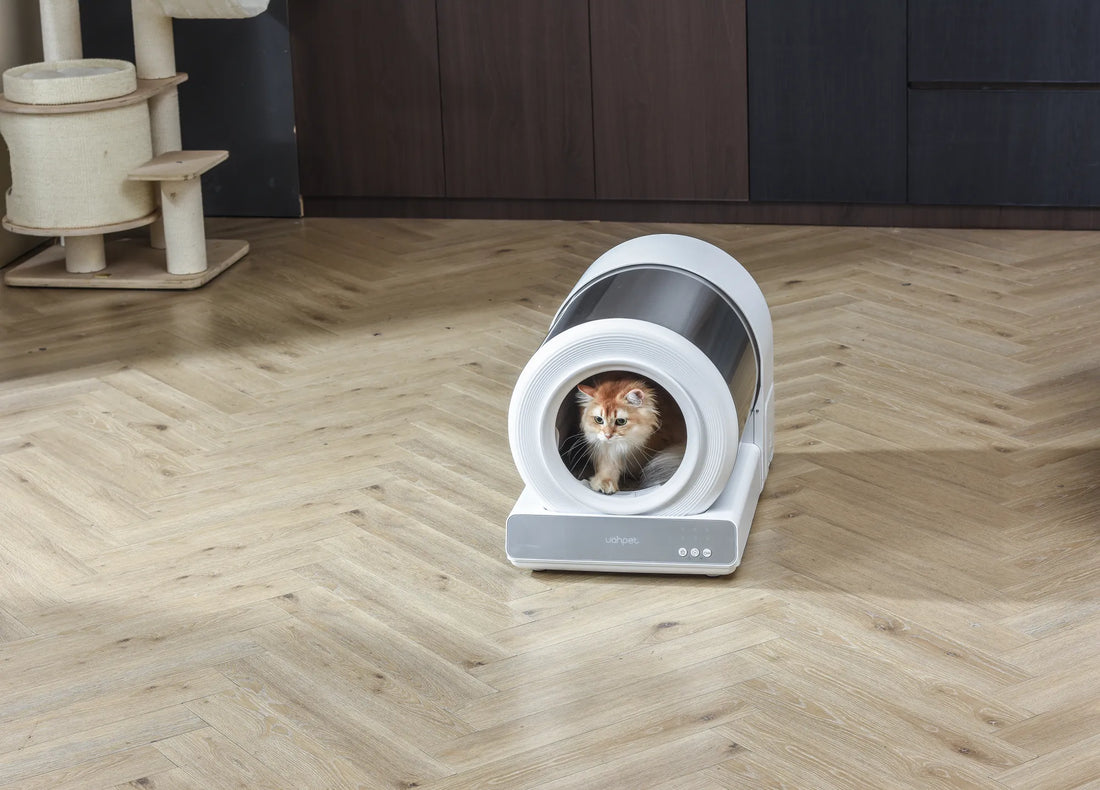If you've noticed your cat peeing small amounts outside the litter box, you're not alone. This behavior can be frustrating and concerning for pet owners, but understanding the underlying causes is the first step toward resolving it. Cats are creatures of habit, and any deviation from their usual routine can signal an issue that needs attention.
Common Causes of Cat Peeing Small Amounts Outside Litter Box
There are several reasons why your cat might be peeing small amounts outside the litter box. These can range from medical issues to behavioral problems. Here are some of the most common causes:
Medical Issues
One of the primary reasons for this behavior is a medical condition. Cats can suffer from urinary tract infections (UTIs), bladder stones, or other urinary issues that cause discomfort and frequent urination. If your cat is peeing small amounts frequently, it could be a sign of a UTI or another medical problem.
Stress and Anxiety
Cats are sensitive animals, and changes in their environment can lead to stress and anxiety. Moving to a new home, introducing a new pet, or even rearranging furniture can cause your cat to feel unsettled. This stress can manifest in inappropriate urination.
Litter Box Issues
The litter box itself could be the problem. If the box is too dirty, too small, or in an inconvenient location, your cat might choose to pee elsewhere. Additionally, some cats are picky about the type of litter used and may avoid the box if they don't like the texture or scent.
Territorial Marking
Unneutered male cats, and sometimes even neutered ones, may engage in territorial marking. This behavior involves spraying small amounts of urine to mark their territory. While this is more common in male cats, females can also exhibit this behavior.
How to Address Cat Peeing Small Amounts Outside Litter Box
Once you've identified the potential cause, you can take steps to address the issue. Here are some effective solutions:
Consult a Veterinarian
If you suspect a medical issue, the first step is to consult a veterinarian. They can perform tests to diagnose any underlying conditions and recommend appropriate treatment. Early intervention is crucial to prevent more serious health problems.
Reduce Stress and Anxiety
To help your cat feel more secure, try to minimize changes in their environment. Provide plenty of hiding spots, scratching posts, and toys to keep them entertained. If you've recently moved or introduced a new pet, give your cat time to adjust and consider using calming products designed for cats.
Optimize the Litter Box
Make sure the litter box is clean, spacious, and placed in a quiet, accessible location. Experiment with different types of litter to find one that your cat prefers. Some cats prefer unscented litter, while others may like a specific texture. Having multiple litter boxes can also help, especially in multi-cat households.
Address Territorial Marking
If your cat is marking their territory, consider neutering or spaying them if they haven't been already. This can reduce or eliminate marking behavior. Additionally, clean any marked areas thoroughly to remove the scent and discourage repeat marking.
Preventing Future Issues
Prevention is key to ensuring your cat doesn't continue peeing small amounts outside the litter box. Here are some tips to keep in mind:
Regular Veterinary Check-ups
Regular check-ups can help catch any medical issues early before they become serious problems. Discuss any changes in your cat's behavior with your vet to ensure they remain healthy.
Maintain a Consistent Routine
Cats thrive on routine, so try to keep their feeding, playtime, and litter box cleaning schedules consistent. This can help reduce stress and prevent behavioral issues.
Provide Enrichment
Enrich your cat's environment with toys, climbing structures, and interactive play. A stimulated cat is less likely to develop stress-related behaviors like inappropriate urination.
Monitor for Changes
Keep an eye on your cat's behavior and litter box habits. Any changes could indicate an issue that needs addressing. Early intervention can prevent the problem from escalating.
Understanding why your cat is peeing small amounts outside the litter box is essential for finding a solution. By addressing the root cause and making necessary adjustments, you can help your cat return to their normal habits and maintain a happy, healthy home. Don't let this common issue strain your relationship with your feline friend—take action today to resolve it.

![[🎃Halloween Sale]UAHPET Stainless Steel Self-Cleaning Cat Litter Box](http://www.uahpet.com/cdn/shop/files/1-cat-litter-box.jpg?v=1761890851&width=1600)












